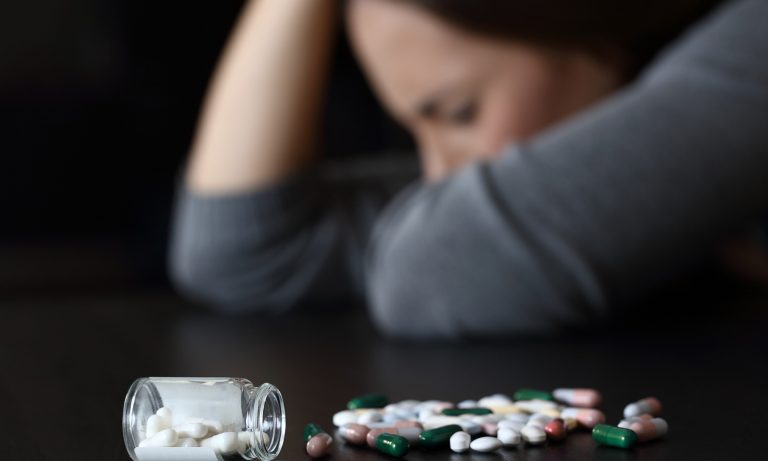
What’s the difference between addiction and recovery? A lot of people wonder this when they consider whether or not their loved one may have an alcohol or drug problem and need to seek rehab. This question becomes even more important if someone in your life suffers from attention deficit hyperactivity disorder (ADHD). Because many people associate ADHD with impulsivity, it may seem counterintuitive to suspect them of having a substance abuse problem. In reality, however, children with ADHD are more likely to develop alcohol problems than those without the condition.
Table of Contents
1) What Is ADHD?
A person with Attention Deficit Hyperactivity Disorder has a problem with focus, organisation, and activity levels. These behaviours often become evident at a young age, which is why some people refer to it as a childhood disorder. However, that doesn’t mean it stops when you grow up—it’s not unusual for someone with ADHD to be diagnosed as an adult. In fact, researchers estimate that about 5 percent of adults have been formally diagnosed with ADHD at some point in their lives. It’s important to note that those are just diagnoses made by professionals—the overall number of people who actually have ADHD is much higher because many people go undiagnosed or misdiagnosed throughout their lives.
2) How It Affects Addictions
Attention-deficit/hyperactivity disorder (ADHD) and substance abuse disorders often occur together. More than one-third of adults with substance use problems also have an underlying diagnosis of ADHD. This is more common in those with alcohol use disorders, which can coexist with addiction to drugs such as marijuana or opioids. However, there’s some evidence that people may be predisposed to both conditions because they share genetic and environmental risk factors—such as exposure to certain viruses while in utero. Studies on twins also suggest that heredity plays a role in making an individual susceptible to both conditions. On top of these shared risk factors, individuals who experience untreated or undiagnosed attention deficits may self-medicate by abusing substances.
3) Treatments For ADHD

Some people with ADHD use drugs to help them feel calmer, lose weight, or have better focus. Unfortunately, it’s easy for them to become addicted to these substances. Stimulants are often used for attention deficit disorder. Some of these medications are addictive and can be abused by those who don’t have a prescription. They may start taking more pills than prescribed or they may share their pills with friends without realising that they could be harming themselves or others. Nervous system stimulants include amphetamines, methylphenidate (Ritalin), and pemoline (Cylert). The main CNS depressant is sedative-hypnotic agents, including barbiturates and benzodiazepines.
4) Living With AD/HD
When you think of drug and alcohol addiction, people with ADD or ADHD don’t usually come to mind. The link between these two conditions is unclear and controversial in scientific circles, but is a common assumption among many people in society. There are many factors that contribute to substance abuse problems including genetics, mental health issues and environmental factors; there is no reason to believe that people who have been diagnosed with attention deficit disorder (ADHD) are any more predisposed than anyone else to such addictions. If you suffer from either condition it’s important to understand what drives these addictions so you can address them before they progress into full-blown problems.












